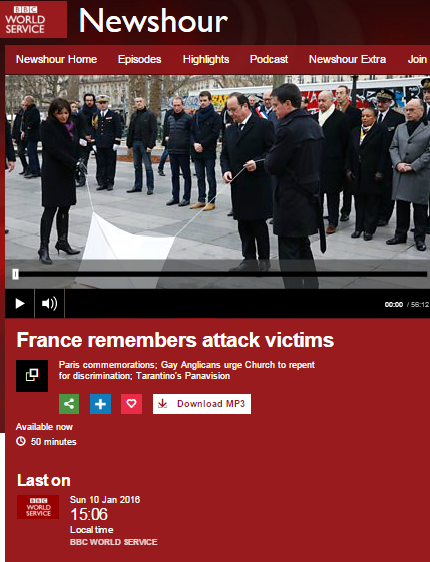1) At the Jewish Chronicle, Alex Brummer addresses BBC self-regulation and more.
“The fight between the Tory government and the BBC is largely about perceived left-wing bias in reporting issues ranging from the economy to welfare and the environment. But if it brings an end to the BBC policing itself and starts the process of independent adjudication there will be something to celebrate.”
2) At Ha’aretz, Ari Shavit (hardly a “hardliner” – as the BBC has taken to describing JCPOA sceptics) discusses “The Iran deal: From thriller to horror story“.
“After many hours of reading I had to stop. The thriller had become a horror story. Not only was the content inconceivable, the tone was, too. The fact is that in each chapter Iran’s dignity is preserved, but the U.S. and Europe’s isn’t. The fact is that the Iranian Islamic Consultative Assembly, or Majlis, has a much higher status in the agreement than the American Congress. The fact is that Iran is unrepentant, does not promise a change of course and takes an almost supercilious attitude toward the other parties. As though it had been a campaign between Iran and the West, and Iran won and is now dictating the surrender terms to the West.”
3) MEMRI provides the first installment in a series titled “Critical Points To Consider In Understanding The Iranian Nuclear Deal“.
“It should be emphasized that, contrary to how it is perceived, the JCPOA is not a bilateral or multilateral contract between the United States and/or Europe and Iran. Nothing has been signed and nothing is judicially binding between any of the parties. It is a set of understandings that was sent to a third party, the United Nations Security Council (UNSC), for endorsement. This structure is a result of Iran’s insistence to not sign any bilateral or multilateral contract.”
4) At the Washington Institute, Matthew Levitt provides timely analysis in an article titled “Waking Up the Neighbors: How Regional Intervention Is Transforming Hezbollah“.
“In Syria and elsewhere, deadly proxy conflicts — between Saudi Arabia and other Sunni Gulf states, on the one hand, and Iran on the other — have been complicated by the dangerous overlay of sectarianism. Sunni and Shiite states and their clients seem to view the region’s wars as part of a long-term, existential struggle between their sects. Indeed, the war in Syria is now being fought on two parallel fronts: one between the Assad regime and the Syrian opposition, and the other between Sunni and Shiite communities over the threat each perceives from the other. Similar dynamics define the wars in Iraq and Yemen. Factional conflict might be negotiable, but sectarian war is almost certainly not.
Hezbollah’s involvement in the war in Syria may have originally focused on supporting the Assad regime, but it now considers that war an existential battle for the future of the region, and for Hezbollah’s place in it. As a result, the group’s regional focus will likely continue for the foreseeable future. Together with other Iranian-backed militias, Hezbollah will continue to head an emerging Shiite foreign legion working both to defend Shiite communities and to expand Iranian influence across the region.”



